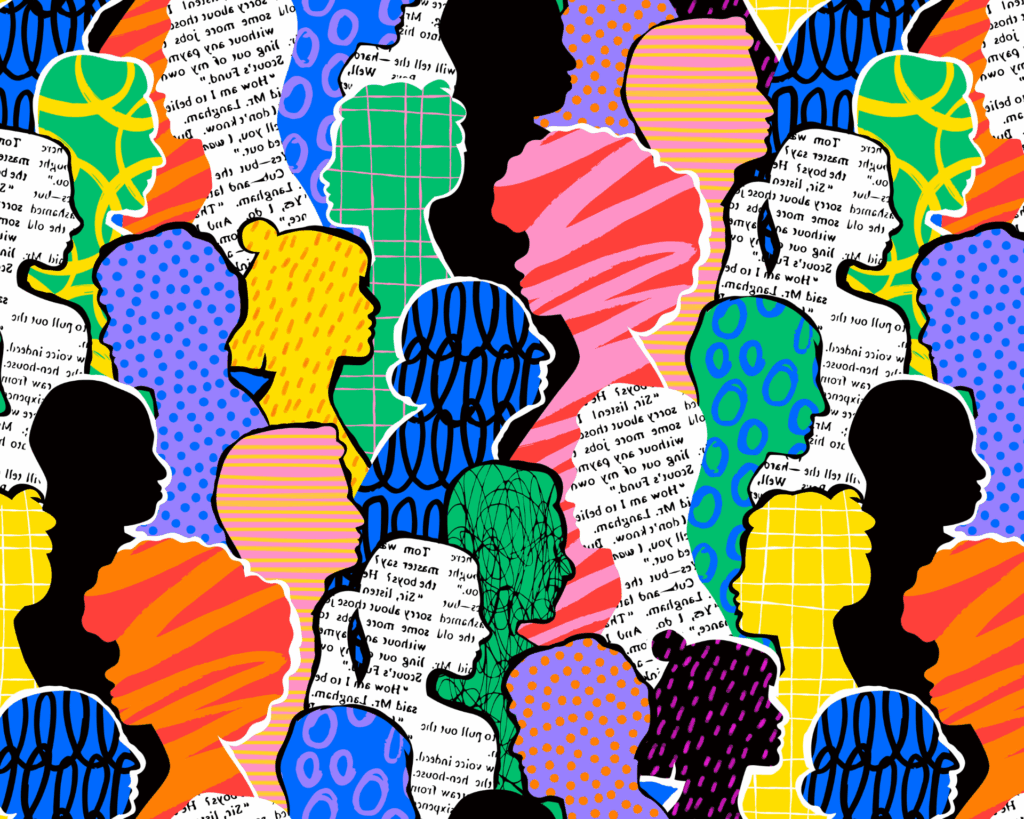Disability, Race, and the Risk of Arrest
Individuals with disabilities have a higher probability of being arrested across all races, per a study in the American Journal of Public Health.

Read Time: 2 minutes
Published:
The deaths of Magdiel Sanchez and Anthony Hill made international headlines after they were shot and killed by police officers. Sanchez was deaf, unable to hear the officers’ commands, and Hill was a veteran with a history of mental illness. The violent interactions between the police and public that get the most attention are usually centered around race. Less is known about violent interactions between the police and people with disabilities.
Erin J. McCauley conducted a study using data from the National Longitudinal Survey of Youth to estimate the likelihood of arrest in the U.S. by the age of 28 by disability status, race/ethnicity, and gender. McCauley assessed the presence of sensory, physical, emotional, and cognitive disabilities using parental reporting data from 1997 and self-reported data from 2002.
The likelihood of arrest differed significantly between those with a disability and those without. In the graphs above, it is apparent that those with disabilities had a higher probability of being arrested across all races. Nearly 43% of the sample with a disability (graph b) was arrested by age 28 compared to nearly 30% of those without a disability (graph a).
For black youth and young adults, this difference was more drastic. Those with a disability had a 55% likelihood of arrest compared to 37% for black youth and young adults without a disability. McCauley notes several limitations to this study, including a small sample size and the use of self-reported data.
Race/ethnicity and disability status can play a major role in experiences with law enforcement. McCauley recommends educating the police about how their personal biases might affect their interactions with those who have disabilities as a potential way to protect this vulnerable population.
Databyte via Erin J. McCauley, The Cumulative Probability of Arrest by Age 28 Years in the United States by Disability Status, Race/Ethnicity, and Gender. American Journal of Public Health (AJPH).



